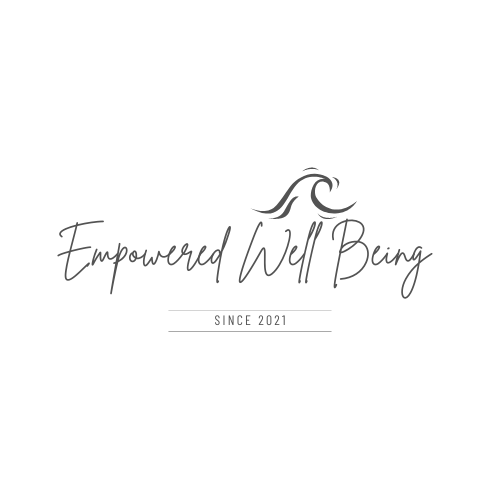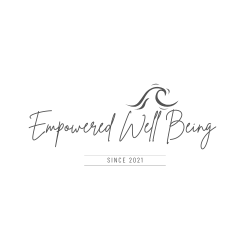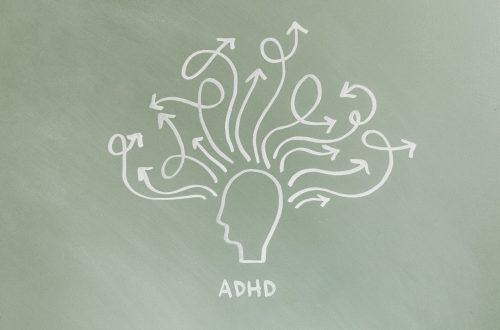
Navigating Loss: A Journey Towards Healing
Hey there, fellow health enthusiasts and seekers of well-being! Today, let’s dive into a topic that’s as universal as it is deeply personal: Dealing with Loss. Whether it’s losing a loved one, a job, a relationship, or even a sense of self, loss is something we all encounter at some point in our lives. And let’s be very real, it’s freaking tough. But hey, you’re not alone in this journey, and there’s a lot we can do to navigate through it together.
First things first, let’s acknowledge that loss S U C K S.
There’s no sugar-coating it. It can leave you feeling like you’re stuck in a foggy maze with no way out. And guess what? It’s OKAY to feel that way. Grief is a natural response to loss, and it comes in all shapes and sizes. It’s messy, it’s unpredictable, and it’s totally valid.
But amidst the chaos of loss, there’s something beautiful that often emerges: RESILIENCE. Yep, that inner strength you never knew you had? It’s there, waiting to be unleashed. Sure, it might take some time to find your footing again, and that’s perfectly okay. Healing isn’t a linear journey, after all. It’s more like a rollercoaster ride with plenty of ups and downs. So buckle up, we’re all here for it! 🙂
So, how do we start picking up the pieces after a loss? Well, it’s different for everyone, but here are a few strategies that might help:
1. Give Yourself Permission to Grieve
Don’t bottle up those emotions. When you are dealing with loss, it’s important to let yourself feel whatever you’re feeling, whether it’s sadness, anger, or confusion. Cry it out, scream into a pillow, music binge, go “karate kid” on a punching bag, write in a journal—whatever helps you release those pent-up emotions. It’s healthy to get it out. In fact, Cleveland Clinic showed that repressing those emotions can cause physical ailments, like muscles aches and pain, insomnia, upset stomach, even anxiety and panic attacks. (2023)
One of my favorite things to do is write my feelings down on a piece of paper. I pour out my anger, my sadness, my grief, my soul and then light a bonfire, pour myself a glass of wine and toss my “feelings” into the flames and release it into the universe. This simple act of “Surrendering” and is rather cathartic and definitely helps!

2. Lean on Your Support System
You don’t have to go through this alone. Sometimes it truly does “take a village,” so call on your tribe! Reach out to friends, family members, or a therapist who can offer a listening ear and a shoulder to lean on. Sometimes just knowing that someone cares can make all the difference. Remember we all deal with loss at some time in our lives, next time it may be your friend crying on your shoulder. So don’t be afraid to open up with your loved ones, after all, who doesn’t feeling better after a good “vent session?”

3. Take Care of Yourself
When you’re dealing with loss and grieving, self-care often takes a backseat. But now more than ever, it’s important to prioritize your physical and mental well-being. That means eating nourishing foods, getting plenty of rest, and engaging in activities that bring you joy, whether it’s going for a walk in nature or curling up with a good book. Get back into your exercise routine, it can help you work through your emotions. Running will always be my go-to! For you, it may be a trip to the art museum, getting your nails done, making that hair appointment, going to grab tacos. Whatever you can do for you to feel like yourself again.
I was given a fantastic piece of advice for when it comes to this. When you are sitting with yourself, and you don’t know what to do, “follow the nudges”. Simply sit still, be quiet and listen for “nudges”, your inner voice, your body will tell you what you need. Just have faith and follow them… sometimes it can be as simple as you need to meditate or rest.


4. Find Meaning in the Pain
Alright so hear me out! Loss CAN be a catalyst for growth and transformation if we allow it to be. Take some time to reflect on what the loss means to you and how it has shaped your life. Journal your thoughts and feelings. Maybe it’s taught you to cherish the moments you have with loved ones or to pursue your passions with renewed vigor. If it all feels too overwhelming still, perhaps it might be time to reach out and talk to a professional for some clarity and a guide towards healing your wounds. Finding meaning in the pain can help you move forward with purpose.

5. Celebrate the Memories
While it’s natural to mourn what’s been lost, don’t forget to celebrate what was. We are all on this earth for such a limited amount of time, it’s a blessing to have others share their precious time with you. If it feels right, finding ways to honor them can help you deal with their loss. Whether it’s through creating a scrapbook, planting a tree in their memory, or simply sharing stories with loved ones, looking through photos, keeping their memory alive can bring comfort and healing. Let those good memories remind you of what beauty exists in this world.

Remember, healing takes time, and there’s no one-size-fits-all approach. You can be amazing one moment and the next feel like a tidal wave has hit you. Be patient with yourself, give yourself some grace and know that it’s okay to seek professional help if you’re struggling to cope. You’re stronger than you realize, and you will emerge from this journey with a newfound resilience and appreciation for life’s twists and turns.
So here’s to embracing the highs and lows, the joys and sorrows, and everything in between. Remember to listen to and honor yourself. We’re in this together, friends. Let’s navigate loss with grace, compassion, and a whole lot of love.
Until next time, take care of yourselves and each other.
With love and solidarity,
BG







2 Comments
Edna Freed
Amazing! This blog looks just like my old
one! It’s on a entirely different topic but it has pretty
much the same layout and design. Great choice of colors!
Robert Ryan
I am sure this paragraph has touched all the internet people,
its really really good article on building up new
weblog.